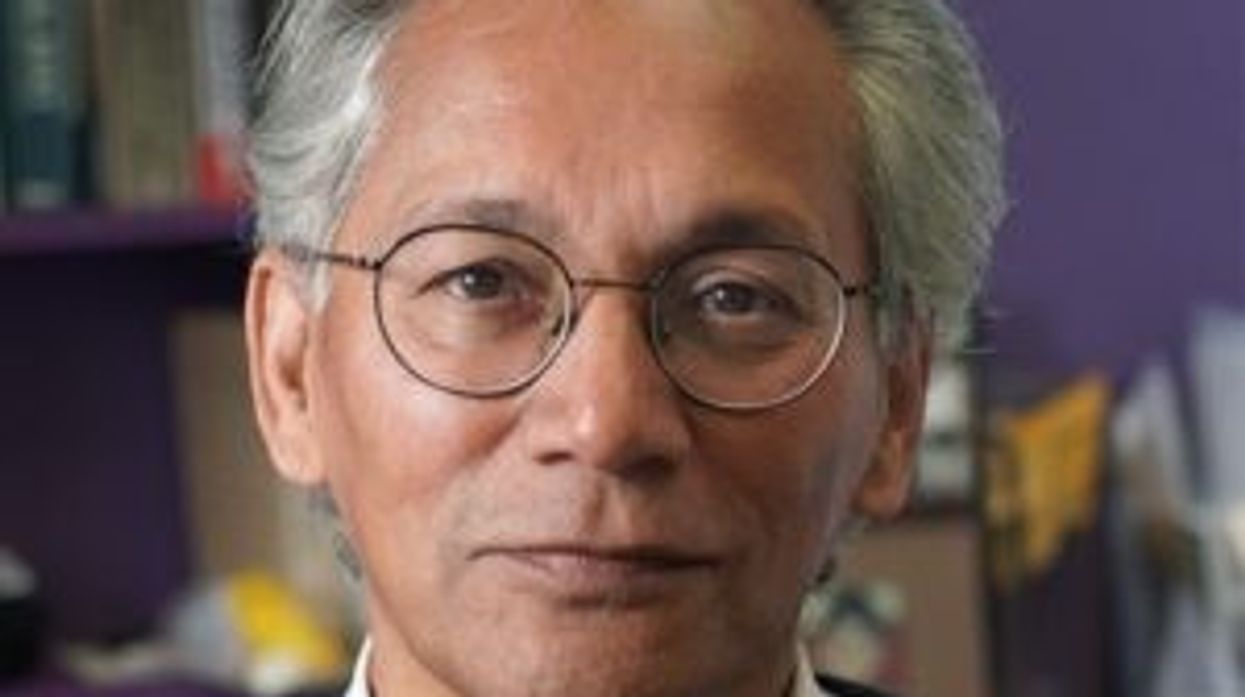THE UK government’s choice of Samir Shah as the next BBC chairman has brought joy in India, his country of birth.
"We are proud of him and this is a well-deserved achievement," his cousin Sujata Kango said in Chhatrapati Sambhajinagar (formerly Aurangabad) in the Maharashtra state where the media veteran was born.
Shah, 71, who has more than four decades of experience in TV production and journalism, has been working tirelessly all through his profession, Kango said.
Kango's father and Shah's mother were siblings.
Shah previously served as the head of current affairs and political programmes at the BBC.
“His maternal grandfather was from here. He has been to the city many times, including to attend the wedding of my daughter. Though he settled in London, he would come to India once a year to meet his father," Kango said on Thursday (7).
Shah's family was associated with the Indian film industry, she said. "His father was a film producer and resided in Mumbai. After Samir's birth, his mother Uma went to Mumbai and later moved to London. My family, including me, has been to London three to four times and we have met him there," Kango said.
Kango expressed happiness over the position Shah is set to hold.
"We are so proud of him and this is a well-deserved achievement. He has been brilliant from the beginning," she said.
Rajendra Darda, editor-in-chief of Lokmat Media Group, said it was a moment of pride for the city of his birth.
"Congratulations SamirShah Ji Indian-origin TV Executive who has been appointed next Chairman of the BBC. It's a very happy coincidence that the veteran with more than 40 years of experience was born in ChhatrapatiSambhajinagar then called Aurangabad. His mother Uma was sister of freedom fighter Chandragupta Chaudhari and he frequently visited the city. Moment of pride for this historic city," Darda said on the social media site X.
Shah will be quizzed by cross-party MPs of the House of Commons Media Culture, Media and Sport Select Committee for pre-appointment scrutiny before formally taking charge of the public service broadcaster.
The CEO and owner of Juniper, an independent television and radio production company, Shah has also served as a non-executive director of the BBC between 2007 and 2010.
Besides, the Oxford University alumnus is a race relations expert who co-authored the UK government's Commission on Race and Ethnic Disparities report in 2021.
(PTI)
Selection of Samir Shah as new BBC chair brings joy in India
The media veteran would come to India once a year to meet his father: cousin




